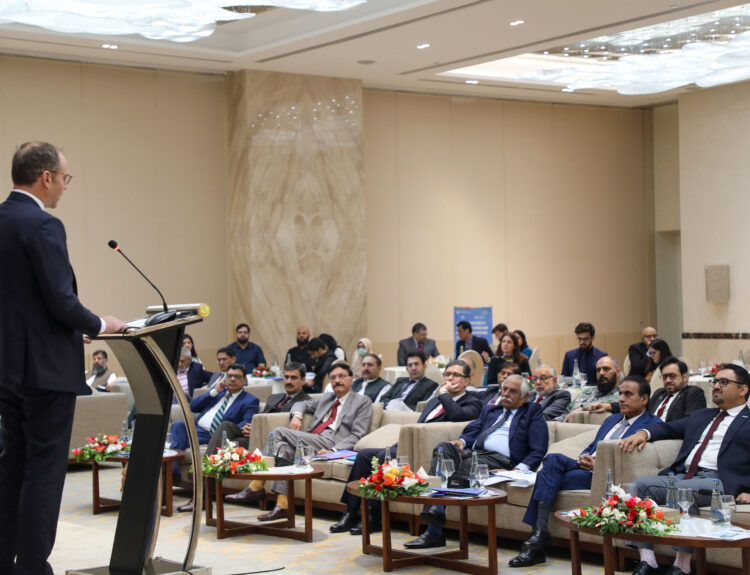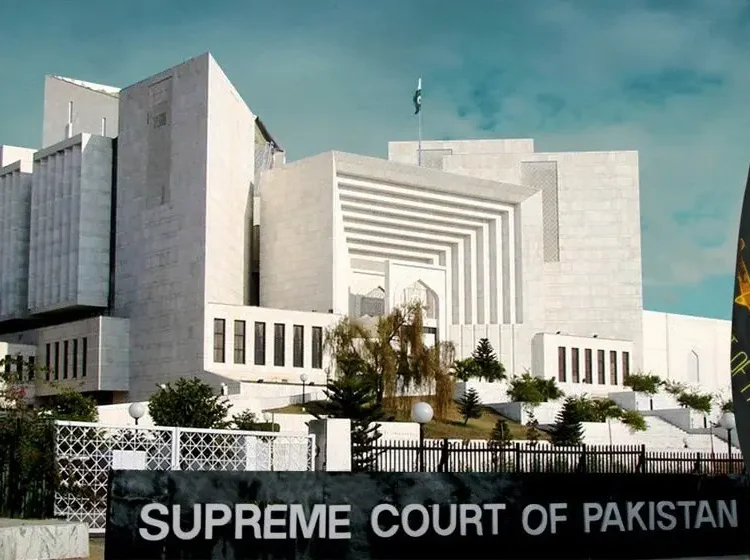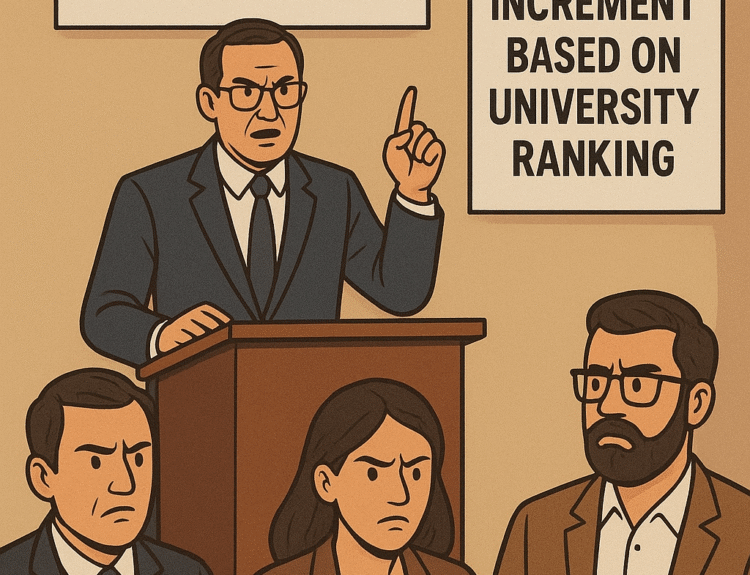Public sector delivery ensures social wellbeing and economic growth in a country which realization is connected to decision makers’ unbiased choice in selecting the head of a governmental organization. Having hands on experience of working with an egoistic boss, I have realized how important it is for the people at the helm to select a competent head to oversee a governmental organization.
Once the mistaken decision has been taken to hire such a candidate, employer questions arise whether they will ever take responsibility to assess the performance of their selected candidate, or will they wait for a candidate’s term to be over after the complete damage has occurred? Continuing with an unfitting head confounds the mistake, who may disrupt an institution’s health, motivation, productivity, and future.
Factually, much has been described in the past on what an egoistic or bad boss cost to an organization, but here I have to share my experience while suggesting ways how to keep away bad bosses currently amid devising strategies to get abstained in the future.
Simply a bad boss who is negatively costing the institution, forgets to focus and perform functions within the ambit of law for which he has been put in such role to lead. He may be self-focused to enrich his otherwise, “not so enriched resume” with self-achievements at the cost of institution. He may wish to undertake social work that negatively affects his institution. Such a person does not celebrate his subordinates, rather he creates “picture perfect” moments to celebrate himself. He religiously follows the mantra mein a’huum hoon, which means, “I am important.” This implies that his self-respect, ego, and position exceeds that of anyone else in the organization, allowing him to play with anyone’s future or punish anyone at any time without a justifiable reason. Such attributes remind me of a famous dialogue mentioned in the latest James bond movie, “History is not kind to men who play God.” The one who expects positive results by creating negative and unhealthy competition among his employees, and exploits employees to serve his vested interests, does not encourage the professionalism, independence of mind, and intellectual integrity of his employees. Such bosses should come across the reality that we should not restrict our independence day of the August 14 mere to celebrate every year through holding Pakistani flag but to get illumination that adherence to our professional honesty and integrity and living up to the values of putting the national interest at first must be the priority in routine life. We raise our flag up! Enough lip service, preaching what one practices is crucial!
Such attributes remind me of a famous dialogue mentioned in the latest James bond movie, “History is not kind to men who play God.” The one who expects positive results by creating negative and unhealthy competition among his employees, and exploits employees to serve his vested interests, does not encourage the professionalism, independence of mind, and intellectual integrity of his employees. Such bosses should come across the reality that we should not restrict our independence day of the August 14 mere to celebrate every year through holding Pakistani flag but to get illumination that adherence to our professional honesty and integrity and living up to the values of putting the national interest at first must be the priority in routine life. We raise our flag up! Enough lip service, preaching what one practices is crucial!
It ought to be realized that a bad boss may impact the workforce and the business of an institution. Similarly, this may devastate employees’ motivation, creativity, and performance, costing them years of career growth. Here I have to say institutions are not established as kingdoms where a boss can run with his self-imposed rules, playing with employees’ futures according to his given terms. Instead, he should be managed with a clear mandate under established, relevant law. Insightful leadership provides comfort, security, and empowers employees to practice in their respective areas with professional honesty and integrity. By performing functions well within the four corners of law, a boss can effortlessly secure the expected popularity among the public and surely secure another term in the office. I conclude my experience with Dr. Arfa Syeda Zehra’s words, “Even if I do not go back home alive, I will go back honest.”
Maria Rafique – The writer is a lawyer based in Islamabad. She has an LL.M from Cornell Law School USA. She can be reached at maria.rafique@gmail.com






